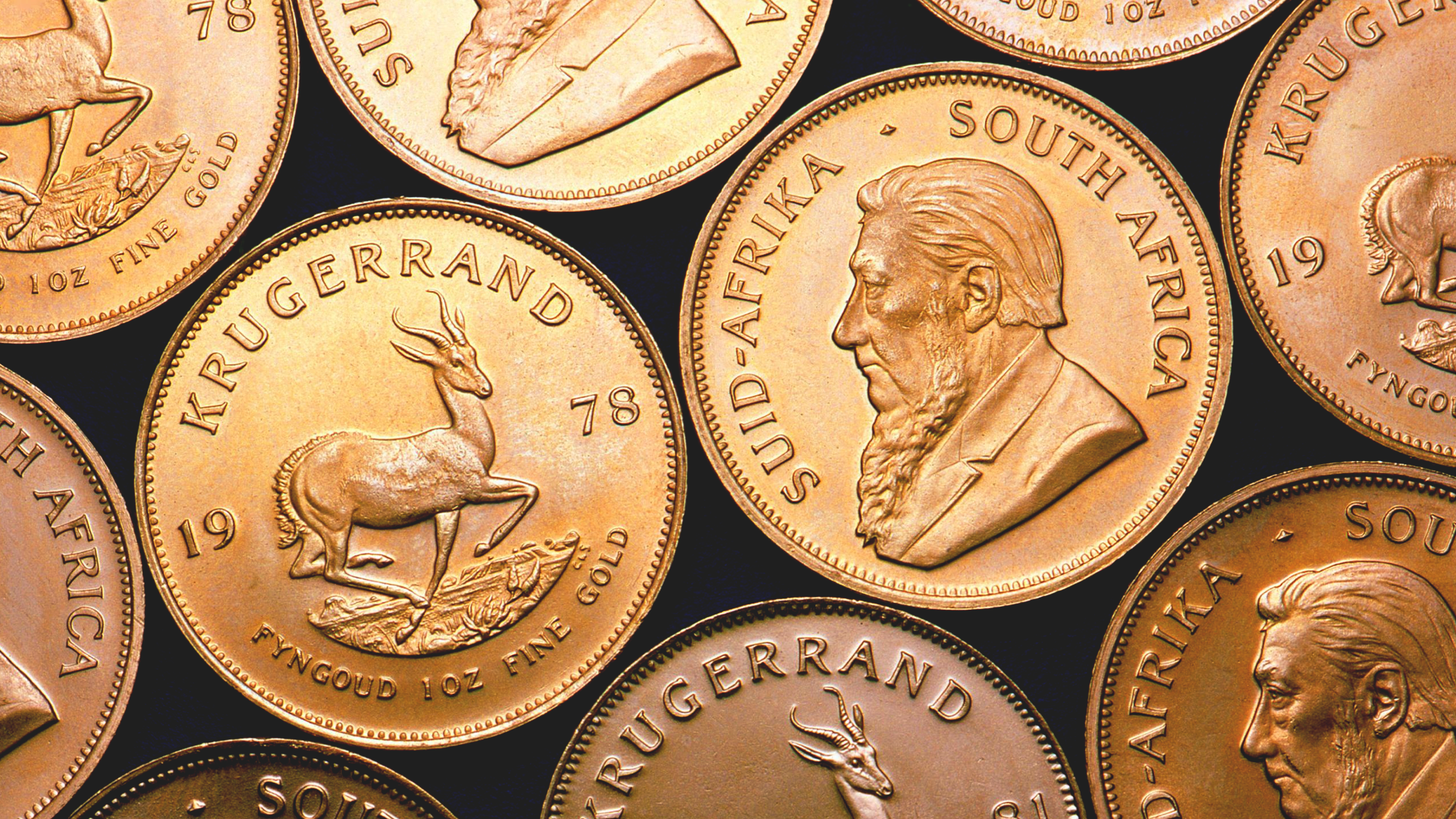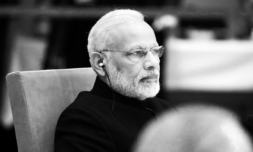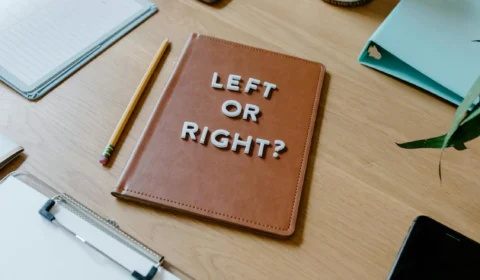The inflation crisis
From Monday, the Zimbabwean government announced it will begin selling the new one-ounce coin. The gold coins will be traded both nationally and abroad and can be exchanged for cash.
This move is intended to reduce the original currency’s circulation that is still losing value at an alarming rate. Zimbabwe has faced economic crises for years and under the late President Robert Mugabe’s rule the country hit a record high inflation rate of 489 billion % in 2008.
The hyperinflation forced the government to print a 100 trillion-dollar note, which was a first globally. The new gold coin is to try and moderate the high demand of the USD which is contributing to the diminishing value.
Due to the high cost of living, the country has experienced numerous strikes concerning salary increment and use of the USD as the currency.
Late last month, both doctors and teachers protested to demand a pay rise as the cost of commodities shot up. Just this week, the trade unions announced their demands were not met and have embarked on a two-day strike which began on 27th to 28th July.
The Organizing Secretary of the Zimbabwe Confederation of Public Sector Trade Unions, Charles Chinosengwa speaking to SABC news said, ‘the Zimbabwe inflation has been eroded, as workers we are demanding not a salary increase of a 100% but the restoration of our wages of $540 as of October 2018. The prices of commodities are being charged to USD and we are facing challenges.’
Currently, thousands of graduates are unemployed and the education system has been highly affected by the high inflation.
Last week, members of parliament challenged the Minister of Education, Evelyn Ndlovu, over failing to recruit 5,000 new teachers even after budget allocation. The ministry said that hyperinflation had affected resources – so far only a small number have been recruited.
School children living with disabilities are the most affected by these failings, as there are very few specialist teachers that are able to give adequate care or attention.
To try and reverse the inflation situation, the government, through experts, has decided to review its budget. This is to discuss issues such as currency availability and inflation.
Social welfare concerns like healthcare, adjustment of sustainable tax bands, and more will be critical in realizing inflation solutions.
Furthermore, more aid groups and institutions are coming up to assist the vulnerable in the marginalized communities.
Zimbabwe’s loan negotiations were banned by major loan institutions like the IMF more than a decade ago due to the inflation it faces for years. Today, reliance on non-governmental institutions such as the UN body offers assistance to major parts of the country through food, shelter and other basic commodities to the neediest families.
When Robert Mugabe was forced to resign in 2017, many hoped to see the economy thrive and corruption end. However, corruption cases continue to rise and the current government is yet to curb a second wave of hyperinflation.
We hope the country’s economy thrives once again for better living conditions.




















